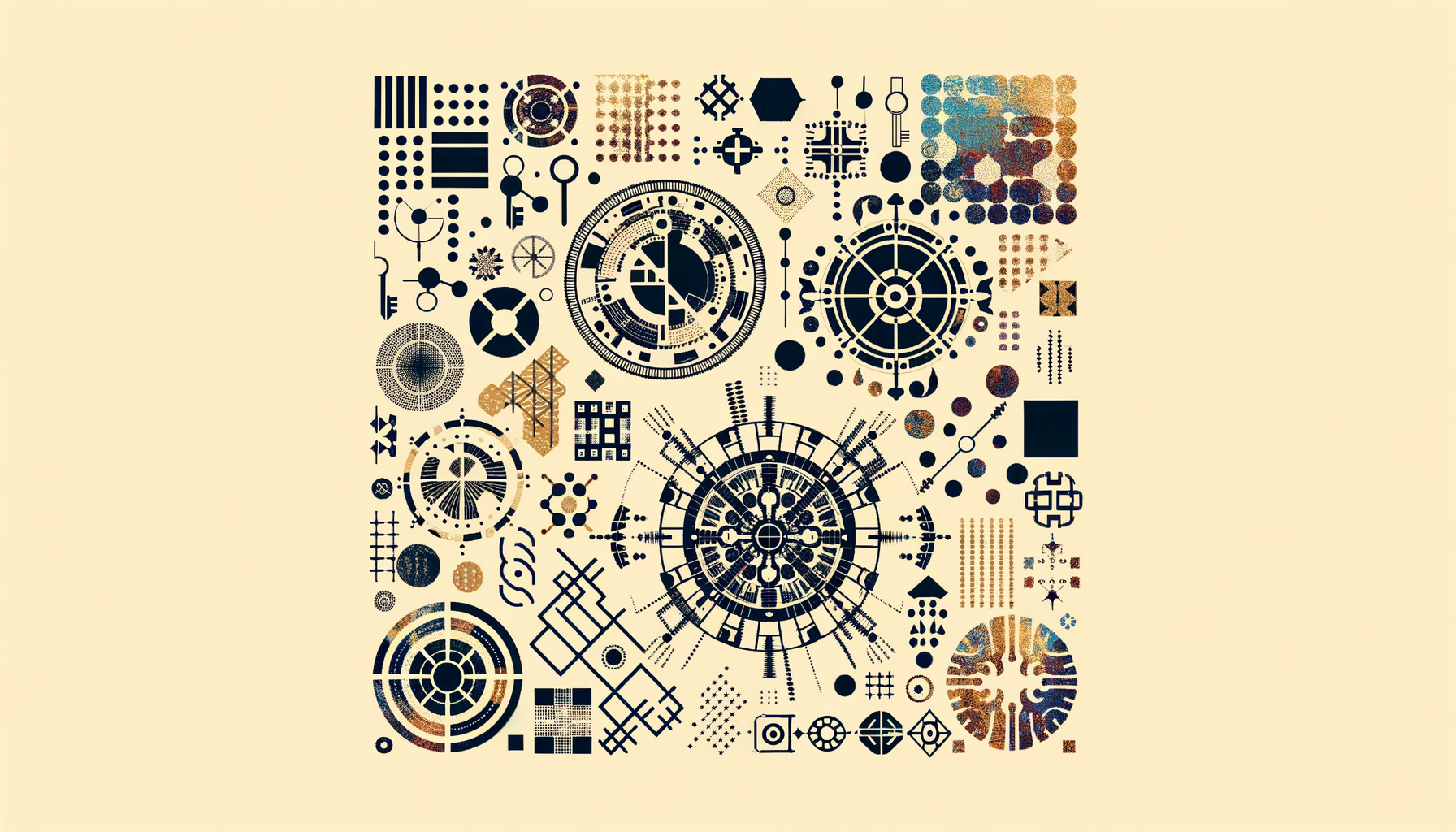Scars Are the Stories We Wear
The Tale of the Top Shelf Disaster
Every morning, as I stretch for a coffee mug in my tiny Vancouver kitchen, I catch sight of the faint scar across my forearm. The scar itself isn’t dramatic—just a thin, pale line—but its origin story? Absolute chaos. Picture this: 23-year-old me reaching for a bag of rice precariously balanced on the top shelf of my pantry. Gravity staged a mutiny, and the entire shelf rained down like some cruel IKEA apocalypse. A tin can edge caught my skin, and voilà—a keepsake from that grand battle.
This scar, and many others like it, doesn’t just tell a story of a reckless shelf ambush. It reminds me, too, of who I was then: a broke creative writing grad with cheap shelving, hand-me-down cookware, and a tendency to learn life lessons the hard way.
But here’s the thing—scars, whether literal like mine or the invisible-but-deep ones we carry inside, aren’t just damage. They’re stories. They’re reminders of growth, messy missteps, and occasionally, our most embarrassing moments that somehow became funny in hindsight.
Meet the Scars in the Mirror
Take a moment to think about your own scar collection. Maybe you’ve got a jagged knee situation from an ill-advised attempt to learn rollerblading as a kid. Or maybe it’s not a scar-scar, but a metaphorical one: the sting from that eighth-grade crush when you handed them a mixtape and they said, "Oh, this is sweet—my mom will love it." (Ouch, right?)
Scars—both physical and emotional—are like walking autobiographies stitched into our skin and minds. They hold energy, good and bad, but more often than not, they show us what we’ve endured in the clumsiest, most human way.
In dating and relationships, scars sneak into the picture too. Maybe you call them “baggage” or “emotional wounds,” but however you brand them, here’s the good news: These marks don’t have to hold you back. In fact, they might just be the thing that makes your current or future connection that much deeper.
Love in the Time of Band-Aids
Years ago, when I first dipped my toes into relationships, I thought I had to present an immaculate, scar-free version of myself to my partner. No mess, no drama—just smooth skin and "effortlessly chill" vibes. Spoiler alert: That version of me was a lie. My real self? A little clumsy, constantly dropping things, and occasionally crying at weirdly emotional insurance commercials.
When I met someone who didn’t just tolerate my quirks but found them kind of great, I realized the truth about scars, messy personalities, and the weight of our uneven baggage: They only alienate the wrong people. The right ones? They lean in. They want to know the story behind your quirks and weird habits and that oddly specific Spotify playlist labeled "Breakup Sob Jams Vol. 3."
By the time I discovered this, I was in my late 20s, a little more bruised than I’d imagined I'd be at that point. But each of those scars—literal and otherwise—inched me closer to clarity about what I needed: someone who didn’t want Perfect Me™ but Real Me™.
Lessons from the Wounds
Of course, nobody’s saying you should waltz into your next date leading with your breakup horror story or the saga of your misadventures in assembling flat-pack furniture (unless that truly speaks to your brand of flirt). But showing some vulnerability? That’s brave. It’s real. And real tends to work better than any algorithmically churned version of you.
Here’s a liberating truth: Not a single one of us is unscarred. If you meet someone who claims to have it all together with zero road bumps, I’d triple-check to see if they’re secretly an android (and not the cool Westworld kind).
Here are a few tips we can take from scars—whether physical or metaphorical—and how they can actually make love and connection better:
- They’re proof you're still standing. If that breakup four years ago knocked you flat and yet here you are, reading this article today, doesn’t that count as strength? Scars are receipts for all the storms you survived.
- They invite connection. Sharing that you’ve been through struggles—carefully and with good timing—can create trust. Vulnerability often feels uncomfortable but builds intimacy when done authentically.
- They highlight resilience, not perfection. No one relates to perfection (if they even believe it’s real). Scars—visible or not—make you beautifully imperfect and unapologetically human.
My Mom’s Hands, My Dad’s Heart
Growing up, I remember staring at my mom’s hands as she poured hot water over loose-leaf tea in the café. Her hands told stories. Small burns from baking, callouses from grip, and veins that danced beneath her skin when she whisked up the frothy cream for matcha lattes. Her hands were chronicles of her care and work, etched with decades of love and effort.
My dad, on the other hand, wore his scars in quieter ways. They came out in his stories: about leaving Hong Kong to pursue a dream, about feeling out of place as a young immigrant in Vancouver, and about struggling to give me and my siblings a home where east met west, salted with all his sacrifices.
For the longest time, I didn’t understand why they rarely spoke of their hardships unless prompted. It wasn’t shame—it was humility. Their scars were their strength, but also their private victories. What’s more—I saw those marks as living proof that no love story comes without a bit of bruising.
Scars Tell the Stories They’re Ready To
Not every scar is ready to be shared, though. That’s something I’ve learned the hard way. Some wounds are still too raw. Others may never fully heal in the “happy ending” way we hope. And those are okay, too. Nobody’s walking around like an open book—our scars are revelations on our terms.
But when—or if—you’re ready to share them? That’s where connection begins. It only took me a few years to realize that there’s something goosebump-inducing about revealing the honest, slightly messed-up version of yourself and having someone say, “Me too.”
Keep Showing Up, Scars and All
Personally, I’ve stopped trying to hide my scars, metaphorical or literal, in relationships—or in life, for that matter. That faint line on my arm from the Great Pantry Debacle? To someone new, that story gets downgraded to a dorky anecdote. But to me, it’s everything wrapped into a neatly imperfect symbol: the messy, beautiful, clumsy reality of being human.
So, the next time you catch a glimpse of your knee scar, or somebody gently nudges into one of those emotional scars you swore you buried, try not to flinch. These marks aren’t just reminders of what went wrong—they’re what went real, what shaped you, and maybe, what softened you enough to love deeper.
After all, love and connection aren’t about pretending you’ve never fallen down. They’re about finding the people who’ll keep showing up to help you patch up—and maybe admire—the scrapes you’ve gathered along the way.




















